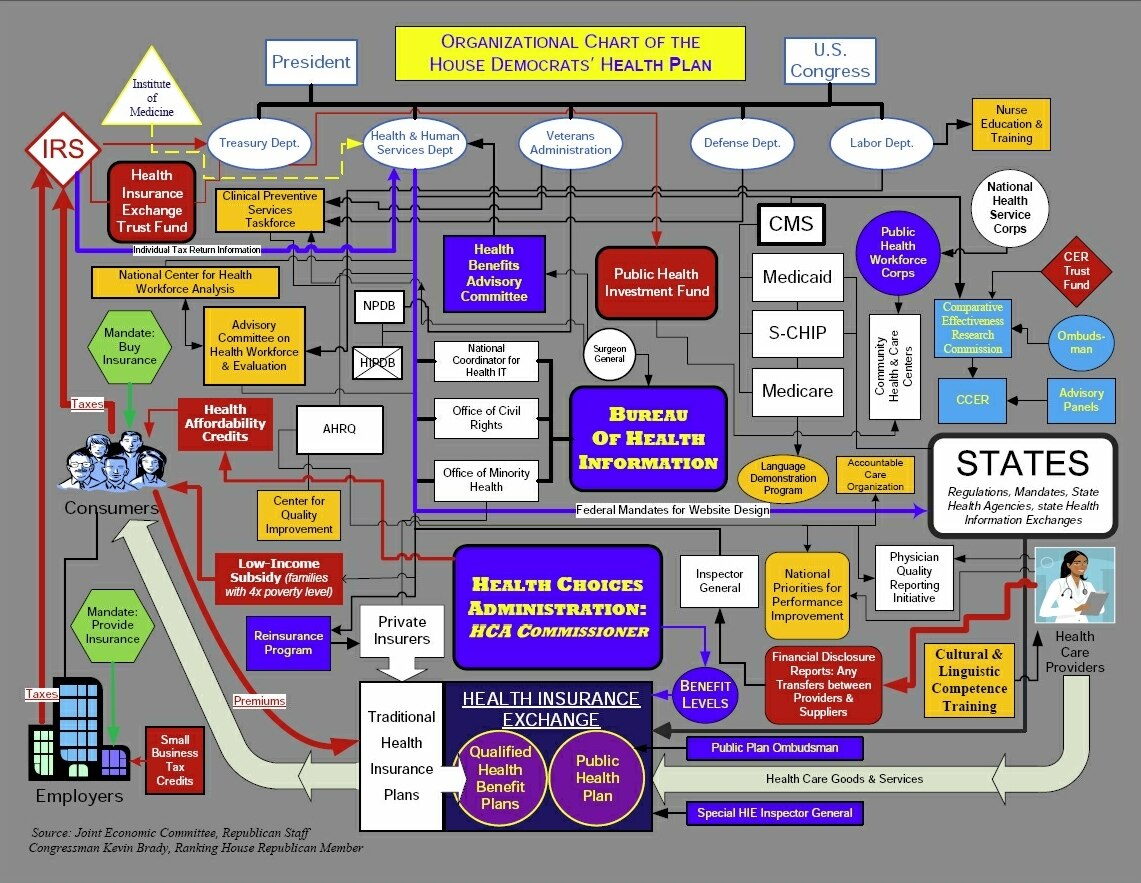New Mexico State Senator Sue Wilson Beffort had an excellent opinion piece in today’s Albuquerque Journal. As Beffort points out, it is useful to note that New Mexico has a whole host of public programs available for the uninsured, that people with pre-existing health conditions are not denied insurance (as reform proponents often claim), and that prescription drugs are actually becoming more affordable for both the elderly and the general public. As Beffort summarizes her argument, Congress should consider maximizing these programs and their effectiveness before completely revising our entire health care system.
In addition to this piece, a reader attacked my recent opinion piece. The author, Leon Logan, writes:
Paul Gessing’s column on July 20 is pure propaganda that is a coordinated and intensive effort to maintain the status quo in health care.
He says that the “heavy hand” of the government and its bureaucracy are the reasons for our expensive health-care system. The Food and Drug Administration is given as an example. I suppose his “research” has determined that the “heavy hand” of the government was responsible for our current financial situation. Medicare’s bureaucracy is about one third that of private insurance “bureaucracy.”
The Rio Grande Foundation is supposed to be a “nonpartisan, tax exempt, research and educational organization.” I guess the fact that we have the most expensive health-care system in the world, rank about 35th in results … and the only “free market” system was too obscure for “research” to reveal.
Not surprisingly, Logan argues that I want the “status quo.” This is patently false and I mention some specific reforms at the end of the piece. I’ve also made the case for free market reforms elsewhere. And then he goes on to exempt the government from any and all responsibility for the current financial crisis, a very complex situation that resulted from many factors, including government policy.
Lastly, the cartoon below is an excellent summary of the “uninsured” situation in the United States.



